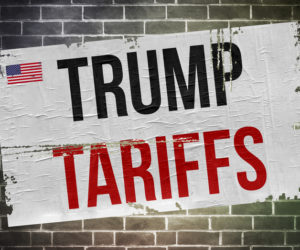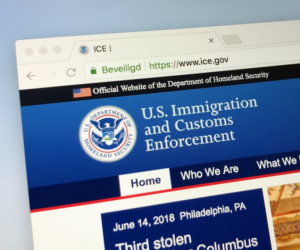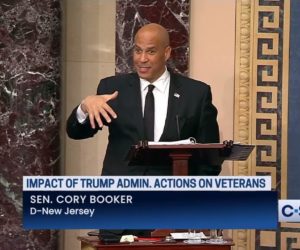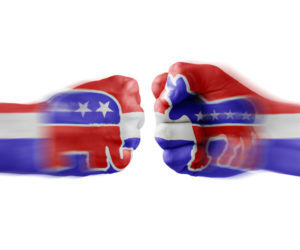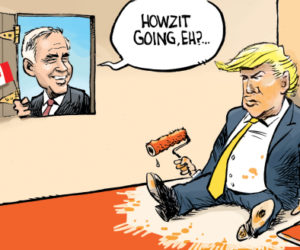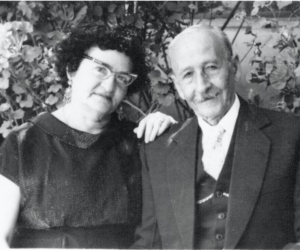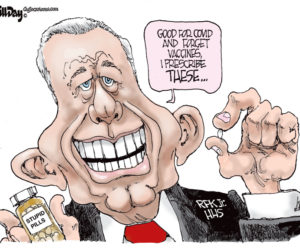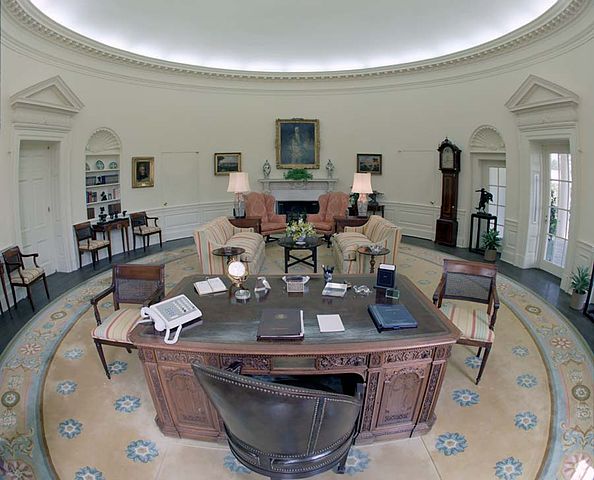
Democracy: Over and Under
by Anthony Stahelski
Democracy is a system of governance built on attempts to accommodate opposing needs and desires. These attempts often result in less than satisfying compromises. This is particularly true for domestic issues, since power is shared among the executive, legislative, and judicial branches, and various other constituencies. In international relations the situation is different. Here the President can more singularly create policies and pursue goals. Consequently American foreign policy can swing dramatically from one President to the next, with each new president pursuing very different policies and goals. The swing between George W. Bush and Barack Obama was especially dramatic.
After the 9/11 attacks Bush militarily intervened in Afghanistan to pursue Al-Qaeda and locate Osama Bin Laden. This intervention quickly expanded to include overthrowing the Taliban, establishing a pro-Western democratic government, and nation building. Thus the Afghanistan intervention quickly became a major effort to effect change. Afghanistan is a tribally divided country two and one half times bigger than Texas, with no history of democracy and very little infrastructure.
In 2001 the United States had, and still has, a very small active duty military. In hindsight, it is clear that the Afghanistan intervention should have been the only major military expedition undertaken by Bush. However, Bush, perhaps emboldened by early success in Afghanistan, listened to his neo-conservatives advisors, notably Dick Chaney and Paul Wolfowitz. They advocated a return to Iraq, to finish the job begun under the first President Bush. The plan for the Iraq invasion focused on the potential benefits of a successful intervention, not on the obvious costs and risks: over-stretching and stressing our small military, getting entangled in a disastrous post-invasion counter-insurgency, reducing resources for the continuing Afghanistan intervention, and perhaps most importantly, reducing American public support for the long term American Exceptionalist position that the United States should assertively intervene to globally expand freedom and democracy.
In 2008 Barack Obama was elected, partially because he explicitly said he would end the war in Iraq. Obama is not an American Exceptionalist. He does not believe that the United States has a unique global purpose to spread freedom and democracy worldwide. Instead he is an isolationist and a pacifist. He clearly believed that the Bush administration was aggressively over-reaching, and one of his first forays was to apologize to Islamic countries for previous American policies.
As far as Iraq was concerned, Obama wanted to fulfill his campaign promise to exit Iraq before the end of his first term. However, by the time Obama became President the Iraq situation had begun to turn around. Thanks to the counter-insurgency strategies and tactics introduced by David Petraeus and Stanley McCrystal, we were on our way to defeating the insurgents. Obama rationalized the 2010 Iraqi withdrawal by saying that he was simply following the agreement that Bush had made with the Iraqi government. However, Obama never made any significant effort to renegotiate that agreement, instead choosing to ignore the evidence of success on the ground. Obama has further shown his pacifist tendencies by choosing to not assertively react to Putin’s aggression in the Crimea and Ukraine, and to not intervene against the brutal Assad dictatorship in Syria.
So there we have it, a fundamental problem of democratic governance turnover: the roller coaster ride of over and under-reaction to international situations. This ebb and flow of reaction was somewhat muted during the Cold War, when both parties basically bought into the strategy that Communism and particularly the Soviet Union needed to be assertively confronted and contained. However since the end of the Cold War in 1991 the 43-year foreign policy agreement between the two major parties forged in the aftermath of WWII has collapsed. Can President Donald Trump put an end to this very dangerous roller coaster ride, and reinstitute a long term foreign policy agreement between Democrats and Republicans? It remains to be seen.
Anthony Stahelski, is a a professor of psychology at Central Washington University in Ellensburg Washington.

